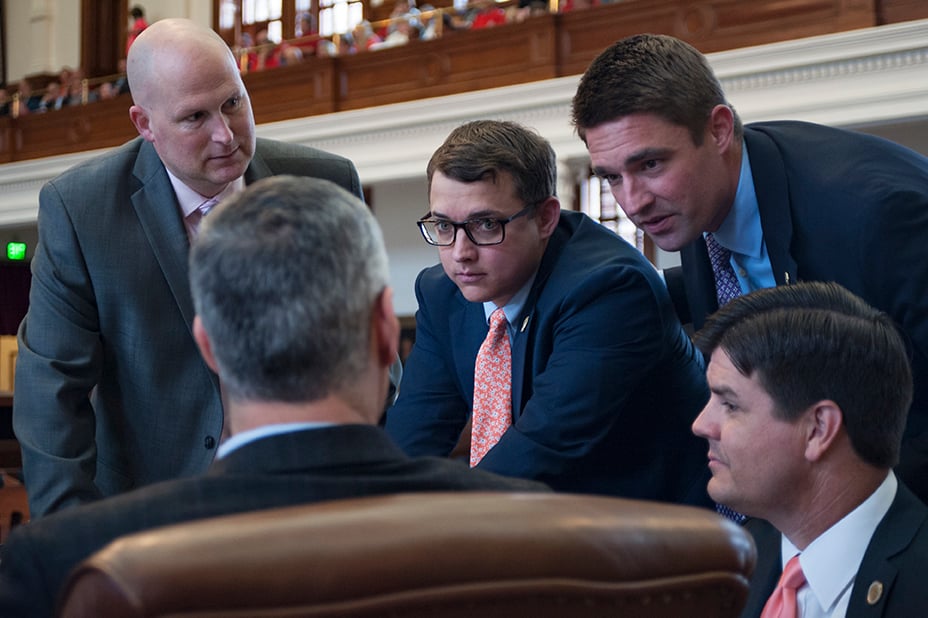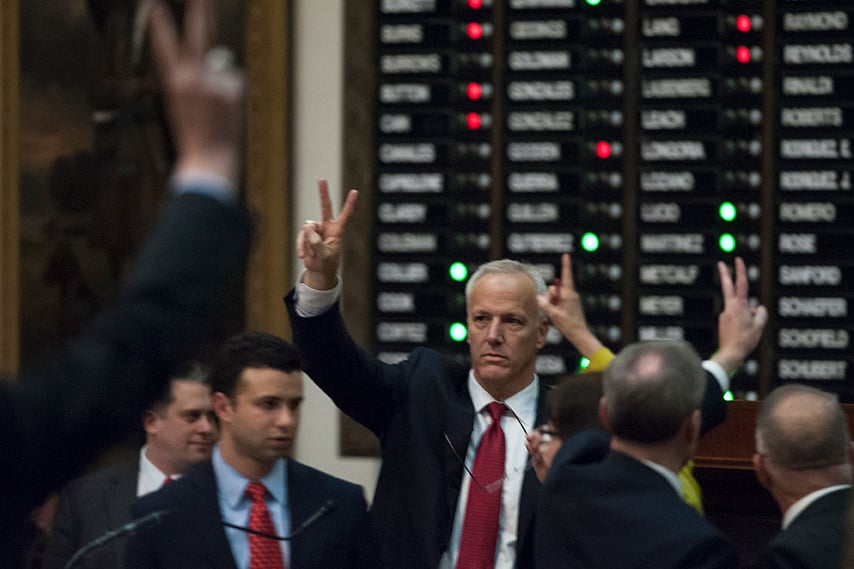
House Votes to Expand Religious Freedom at the Expense of Foster Children, Critics Say
“Denying [kids] access to things they need or forcing your culture on them at the expense of theirs is not in the best interest of the children,” one foster parent said.
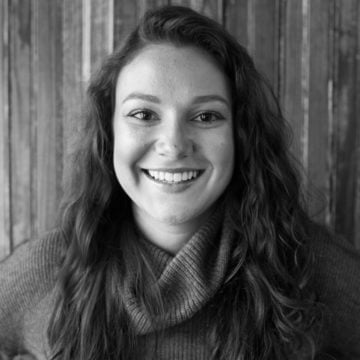
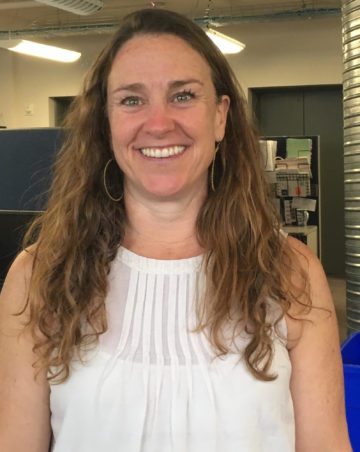
Patricia Murphy, a single foster mother in Austin who is certified to care for the children with the highest needs in the state, says her guiding principle is to “meet kids where they are.”
She’s cared for a girl who suffered past sexual abuse and acted out by repeatedly exposing herself. She’s helped another access birth control. She’s been beaten and kicked by boys who only express emotion through physical aggression. She enlists the help of a team of caseworkers, therapists and doctors to deal with the daily trials of foster parenting.
“Denying [kids] access to things they need or forcing your culture on them at the expense of theirs is not in the best interest of the children,” Murphy told the Observer. “I know the Legislature wants to do what’s best for kids, but [House Bill 3859] doesn’t do that.”
The proposal, touted by conservatives as a “religious freedom” bill for foster parents and agencies that place foster children, could deny the rights of abused and neglected children, according to Murphy, civil rights advocates and several Democrats who opposed the legislation on the House floor this week.
The contentious bill would allow faith-based child welfare providers and foster families to refuse to provide services that conflict with their “sincerely held religious beliefs.” The bill passed on Wednesday, 93-49, and now advances to the Senate. Five House Democrats — Alma Allen of Houston, Terry Canales of Edinburg, Nicole Collier of Fort Worth, René Oliveira of Brownsville and Ryan Guillen of Rio Grande City — voted in favor.
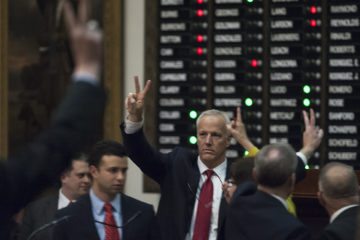
Under the bill, the state could not take adverse action, such as dropping a contract or denying a license, against a religious agency that refuses prospective adoptive parents because of their sexual orientation or marital status. The bill could also provide a legal defense for religious families or groups sued for refusing reproductive health care for teenage foster youth or subjecting gay foster children to harmful conversion therapy.
“Many of these kids have experienced sexual trauma, they’ve been raped, they’ve been sexually abused,” Murphy said. “To layer on any kind of stigma about that is just not therapeutic for the child.”
The bill requires that each of the state’s 11 Department of Family and Protective Services (DFPS) regions have at least one backup provider that offers all services a religious organization may deny, but it includes no substantial mechanism for making such referrals, critics say. They also worry the legislation will put the responsibility of reporting religious refusals on the foster children themselves.
“Even if a teen, who’s been sexually assaulted, wants emergency contraception, a foster family can say that goes against their religious beliefs and it’s up to the sexually assaulted girl to notify DFPS that she’s been refused this care?” asked Representative Donna Howard, D-Austin.
Representative James Frank, the Wichita Falls Republican who filed the bill, says his intent is to grow foster home capacity by protecting families and providers who want to help without compromising their religious principles.
“The bill does not place the best interests of faith-based organizations above the child,” Frank said on Tuesday. “The best interest of the child is always paramount. That’s true in fact, that’s true in practice and that’s true in the bill.”
He said he doesn’t see HB 3859 as discriminatory, adding that he recognizes the “significant contributions” the LGBT community has made to child welfare.
But after hours of floor debate spanning two days, many Democrats and two Republicans — Sarah Davis of Houston and Jason Villalba of Dallas — were unconvinced.
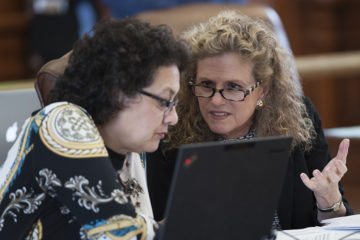
“This bill violates my deeply held religious beliefs in the separation of church and state,” said Howard. “HB 3859 appears to give permission to taxpayer-funded faith-based providers to determine who and what services are acceptable to them based on their deeply held religious beliefs and then to deny service accordingly.”
Under the Texas Religious Freedom Restoration Act, religious organizations already have some of the protections the bill proposes. According to the Dallas Morning News, one agency in Abilene “only considers prospective adoptive parents who attend church weekly and have been married for two years.” Dallas-based Buckner International only allows couples who have been married for at least four years to become foster parents.
“There are currently 22,000 children awaiting placement in Texas and last year alone, 252 children died of abuse and neglect in our broken CPS system, said Rebecca Robertson, legal and policy director for the ACLU of Texas. “It is shocking that the Texas House would respond to this crisis by prioritizing the personal religious beliefs of providers over the best interests of the children in the state’s care.”


